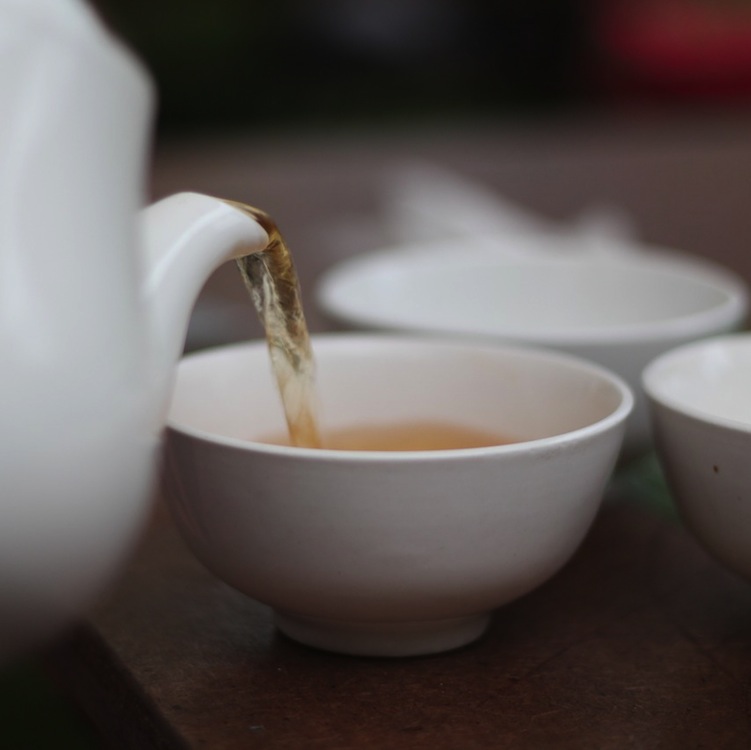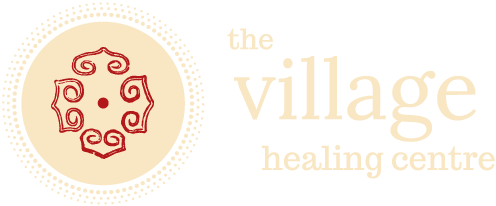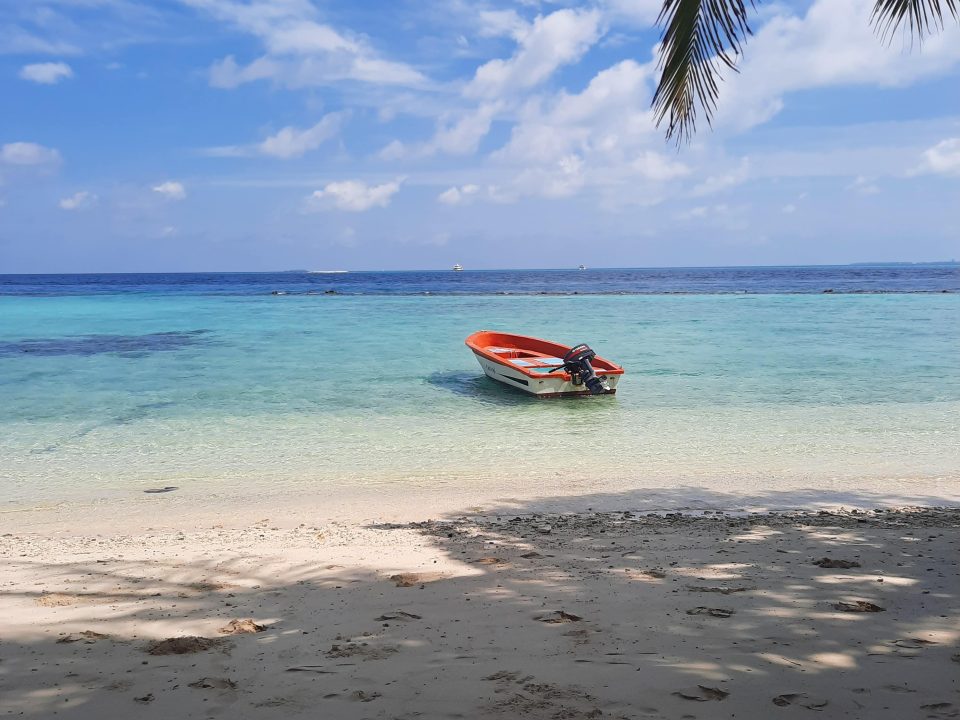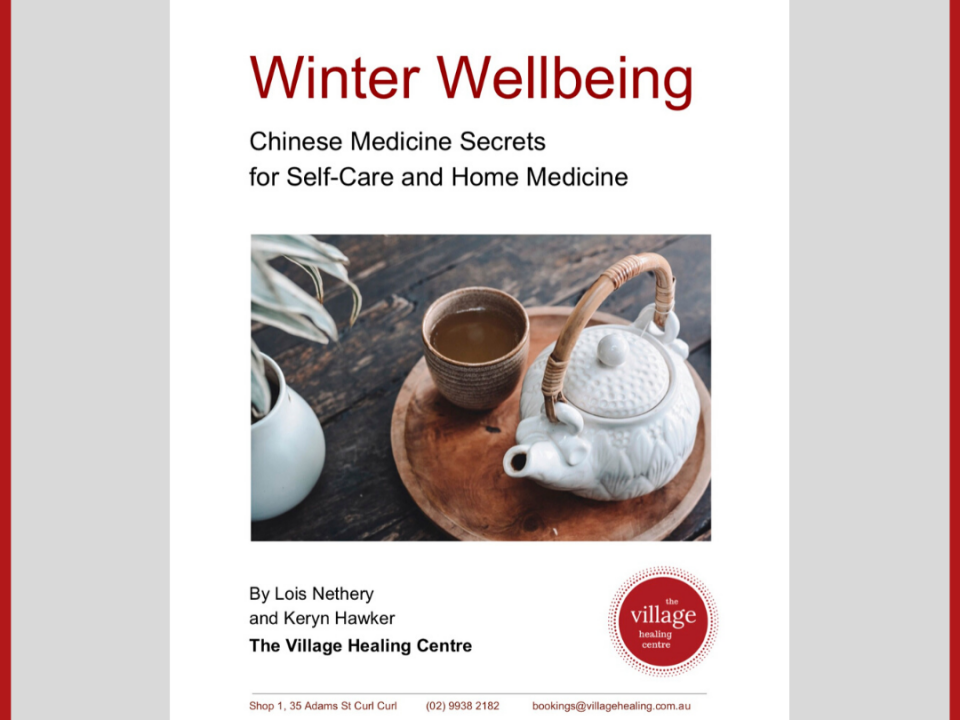Do tea and coffee count as water?

We are all told “you must drink two litres of water every day”.
Many of our patients feel quite guilty, admitting they often have less water than this.
Inevitably, the question then arises, “well, I have quite a bit of tea – does that count?”
Or juice… Or soup… Or coffee…
It’s a good question! And the answer isn’t as simple as you might think.
So, let’s use some Chinese medicine logic…
The energy in the water
The first thing to consider is: how much energy is that drink bringing into your body?
And by energy, we mean instant energy – before it’s been assimilated by your body.
Chinese people tend to prefer to drink only hot water, even on hot days.
The reasoning goes like this – your body is around 37 degrees C. At this temperature, your life is most harmonious. Your vitality is circulating throughout your body at all times, at this temperature.
Adding ice
Now, imagine taking in a big glass of ice-cold water. What happens next?
Does the ice-cold water go into your veins and arteries, gradually making your physical body colder and colder?
No it doesn’t – which is great news!
However, the not-so-great news? Your body is using your precious life-energy, your own vitality, to simply warm up that water to 37 degrees C.
Contraction and stagnation
The other thing that cold does when our body touches it? Cold makes things slow down and contract. This is not something that you want inside your body.
Think of holding that ice-cold glass of water against your wrist. How long could you keep it there? It feels uncomfortable – your body signals you to get away from it.
The effects of long-term stagnation
Over time, excessive cold intake drains your vitality and leads to internal sluggishness. This is a big problem for certain conditions such as:
- difficulty with weight loss
- digestive issues
- infertility and other women’s health issues
Temperature matters
So… the temperature of your drink is a big deal.
- Cold out of the fridge? This should not be your go-to choice.
(The exception is a small cool drink on a hot day if you are very red on the outside – it can lead the energy back inwards) - Room temperature? Better.
- Hot drinks? All other things being equal, this is the best for your vitality. You are bringing both energy and water into your body. The warmth soothes your body internally and allows your life to flow.
What about caffeine and other ingredients in drinks?
The other part of the equation is the actions of the ingredients in your drink.
Tea and coffee contain caffeine. Caffeine is well-tolerated by some, and too stimulating for others.
Do they count as water?
While tea and coffee are often touted as being diuretic – which means, they make your body produce more urine and therefore lose more water – the evidence is not that clear.
Here’s what Western research suggests
- 500mg of caffeine is diuretic (about five strong coffees)
- Coffee is more diuretic for those who don’t drink it regularly
- More than four cups of coffee a day is likely to be detrimental
- The evidence is less clear for tea, but a strong cup of tea has almost the same caffeine as coffee
- Avoid so-called “energy drinks”, for all kinds of reasons!
Putting it in context
How you drink your tea and coffee probably matters a lot.
- If you need it extra strong to keep your eyes open? This is a problem – you can come and see us to strengthen your energy naturally.
- Lots of milk and sugar? Then these ingredients will be having an effect on your body, over and above the simple water that’s in the drink. This effect can vary depending on your individual tolerance and how much you’re having each day.
- The same goes for sugary drinks such as juices and soft drinks – your body needs to deal with the influx of sugar, which probably takes away from the benefit of the water part of the drink.
Side effects?
Caffeinated drinks also produce negative effects such as:
- Palpitations
- Restlessness
- Anxiety or irritability
- Hand trembling
- Insomnia
- Tolerance (need more to get same stimulating effect)
You won’t get these side effects with plain old hot water!
Everything in moderation
- Tea and coffee do have their health benefits, such as reduction in risk of some cancers, diabetes and heart disease. When taken in moderation.
- In China, “tea” means a few leaves of green tea in a large container of hot water. People drink this throughout the day, with seemingly no ill effects.
- Brilliant Chinese tip! – Put a lid on your cup (or use lidded jar or flask). Your drink will keep its heat for much longer.
- And remember that if you’re eating fresh, unprocessed, plant-based foods then you’re gaining a lot of natural fluids from fruits and vegetables.
- If you have soup, and it’s not too salty, then this counts too. (Excess salt makes the kidneys create more urine, taking away the benefit of the water intake.)
In summary
- Whenever you can, drink your water plain and hot
- Don’t have more than four coffees or five strong teas a day (no more than one coffee per day in pregnancy)
- For tea and coffee, the “healthy intake” is likely to be less than this!
- Avoid “energy drinks”
- Have lots of fresh fruits and veggies, including clear soups
- Enjoy your favourite foods and drinks in moderation!
Energy tip!
For a sustainable way to enjoy energy in the morning, get moving first-thing if you can. See our March articles on Exercise for some great tips and Chinese medicine insights.
So how do you make sure you get enough water?
Stay tuned – we’ll address this question next week!
More caffeine info
Here’s a caffeine fact sheet if you’d like to know more!


